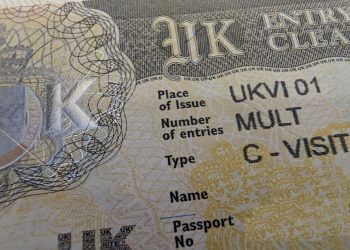If an act is considered a crime or an offense in a country and is also an offense in Canada, it could make an individual inadmissible to Canada. This article will outline some common offenses for which most travelers may be denied entry to Canada.
Firstly, driving offenses involving alcohol or drugs are the most frequent causes of inadmissibility to Canada. Offenses like DUI, DWI, and DWAI in the United States could result in potential denial of entry to Canada.
Reckless driving and dangerous driving are also offenses that could result in inadmissibility. Along with this, fraud and theft, depending on the nature and seriousness of the offense, could also make an individual inadmissible to Canada.
Assault and drug offenses are additional reasons that may lead to inadmissibility. The nature and context of the offense can impact its seriousness and the likelihood of being found inadmissible.
To overcome criminal inadmissibility, travelers can apply for a Temporary Resident Permit (TRP), a Criminal Rehabilitation application, or a Legal Opinion letter. These methods provide different pathways for individuals to gain entry to Canada despite their previous criminal history.
A Temporary Resident Permit grants temporary access to Canada for a period of time and is used in situations where the benefits of entry outweigh any risks to Canadian society. A criminal rehabilitation application, if approved, permanently clears an applicant’s past criminal history for the purposes of entering Canada.
Finally, a legal opinion letter, drafted by a Canadian immigration lawyer, can explain the consequences of a conviction for the Canadian immigration purposes and suggest alternate infractions that would not lead to inadmissibility to Canada. If you have questions or concerns about your eligibility for Canadian immigration, schedule a free legal consultation with the Cohen Immigration Law Firm.
Still have some travel questions? Ask in our Travel WhatsApp Group.








